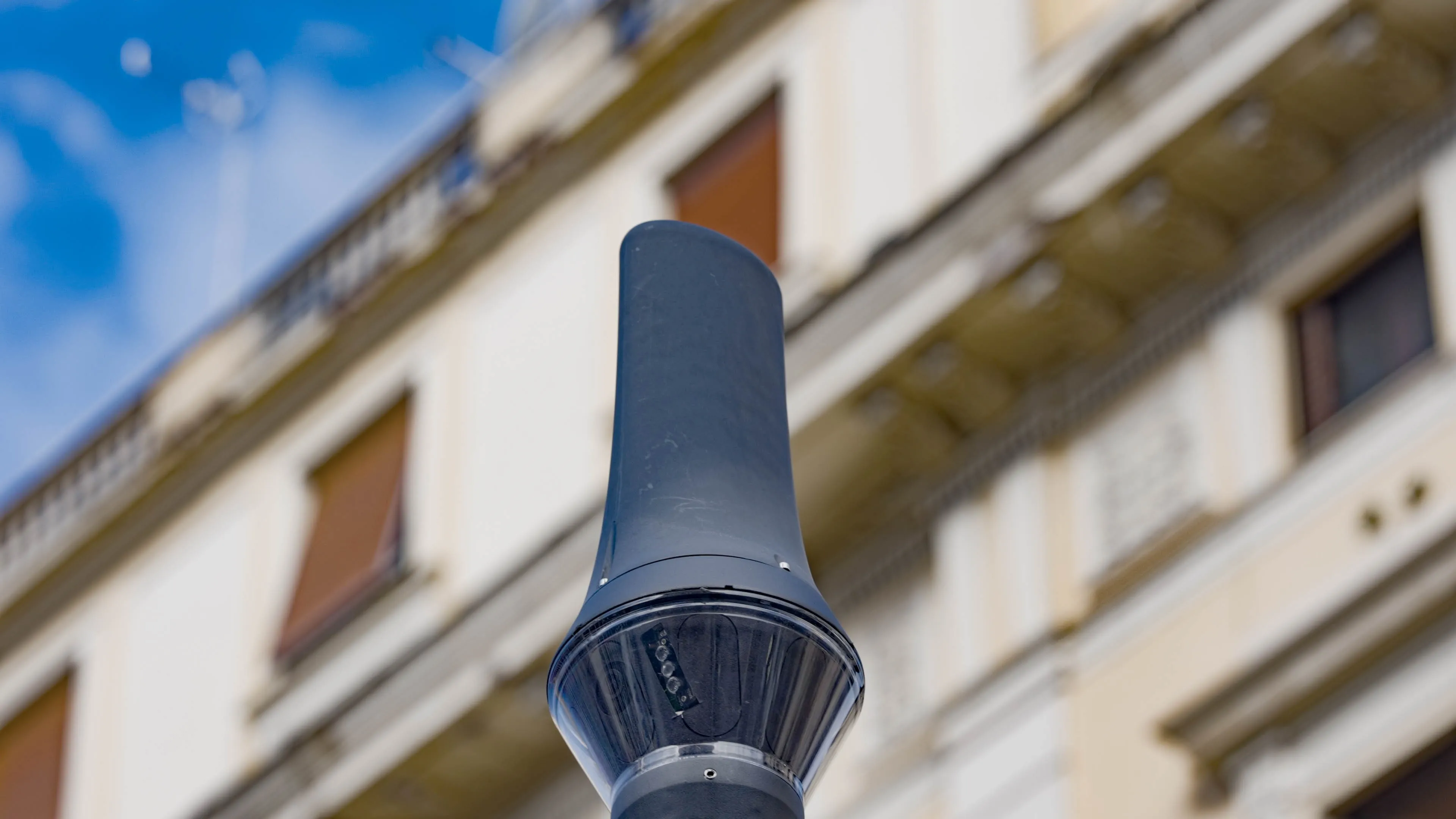The smartphone is a driver’s best friend – or so it seems: apps help them navigate, avoid congestion, identify a parking space, locate an EV charge point, find the area’s cheapest fuel, check the weather, pay tolls … the list goes on. While some have voice actuation, the whole issue of driver-related apps still concerns me. The World Health Organisation / National Highway Traffic Safety Administration (NHSA) report Mobile Phone Use: A Growing Problem of Driver Distraction says: ‘…studies suggest that driver
May 27, 2014
Read time: 3 mins

The smartphone is a driver’s best friend – or so it seems: apps help them navigate, avoid congestion, identify a parking space, locate an EV charge point, find the area’s cheapest fuel, check the weather, pay tolls … the list goes on. While some have voice actuation, the whole issue of driver-related apps still concerns me.
The1819 World Health Organisation / 834 National Highway Traffic Safety Administration (NHSA) report Mobile Phone Use: A Growing Problem of Driver Distraction says: ‘…studies suggest that drivers using a mobile phone are approximately four times more likely to be involved in a crash.’ American website distraction.gov says: “10% of drivers under the age of 20 involved in fatal crashes were reported as distracted at the time of the crash.”
US statistics show distracted driving crashes accounted for 3,328 fatalities in 2012 and while other distractions exist, distraction.gov states: ‘…because text messaging requires visual, manual and cognitive attention from the driver, it is by far the most alarming distraction.’ The NHSA’s latest NOPUS report states that 3% of drivers between 16 and 24 have been recorded visibly manipulating hand-held electronic devices - or 1.4% and rising for those between 25 and 69.
So were any of these drivers using an app to find a parking space, identify the cheapest fuel, check the weather, pay tolls…?
The rationale of driver service apps providers falls into three categories: ‘it allows passengers to check’ or ‘it allows drivers to check before they start driving’ or ‘we make clear that drivers should not check this app while driving’.
All of which are undoubtedly true. But in reality 40% of drivers are alone in the car and a parking space is empty for less time than it takes to drive to the vacant bay. As to making it clear that drivers shouldn’t do something: the track record of compliance is not good. For example, in week-long purges European police forces in650 TISPOL identified 13,236 drink-drivers (plus 1,830 under the influence of drugs); found 130,578 people were not wearing their seat belts and; caught 720,000 for speeding.
Due to the transient nature of vacant parking spaces and urban congestion, an app showing such information is most useful when the driver is nearing the area – in other words driving. And it is clear that if drivers can access driver-related services via an app, some will do so while they are driving and in doing so increase by a factor of four or more the likelihood of being involved in an accident.
This makes it all the more difficult to comprehend how the wider ITS industry is appearing to embrace the smartphone app with such enthusiasm. I believe that unless there is a technological fix whereby driver-related apps are automatically disabled while on the move (sorry passengers), the ITS industry should actively campaign against their introduction and use.
The
US statistics show distracted driving crashes accounted for 3,328 fatalities in 2012 and while other distractions exist, distraction.gov states: ‘…because text messaging requires visual, manual and cognitive attention from the driver, it is by far the most alarming distraction.’ The NHSA’s latest NOPUS report states that 3% of drivers between 16 and 24 have been recorded visibly manipulating hand-held electronic devices - or 1.4% and rising for those between 25 and 69.
So were any of these drivers using an app to find a parking space, identify the cheapest fuel, check the weather, pay tolls…?
The rationale of driver service apps providers falls into three categories: ‘it allows passengers to check’ or ‘it allows drivers to check before they start driving’ or ‘we make clear that drivers should not check this app while driving’.
All of which are undoubtedly true. But in reality 40% of drivers are alone in the car and a parking space is empty for less time than it takes to drive to the vacant bay. As to making it clear that drivers shouldn’t do something: the track record of compliance is not good. For example, in week-long purges European police forces in
Due to the transient nature of vacant parking spaces and urban congestion, an app showing such information is most useful when the driver is nearing the area – in other words driving. And it is clear that if drivers can access driver-related services via an app, some will do so while they are driving and in doing so increase by a factor of four or more the likelihood of being involved in an accident.
This makes it all the more difficult to comprehend how the wider ITS industry is appearing to embrace the smartphone app with such enthusiasm. I believe that unless there is a technological fix whereby driver-related apps are automatically disabled while on the move (sorry passengers), the ITS industry should actively campaign against their introduction and use.









